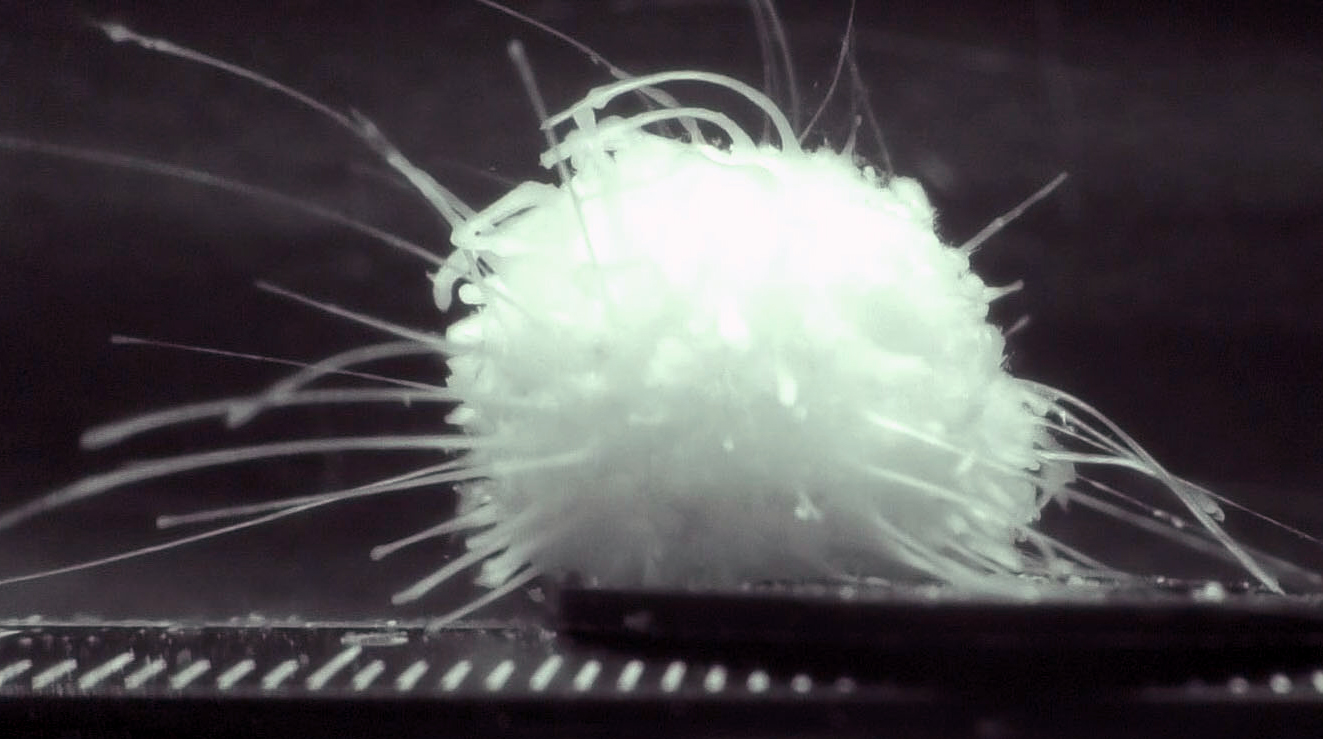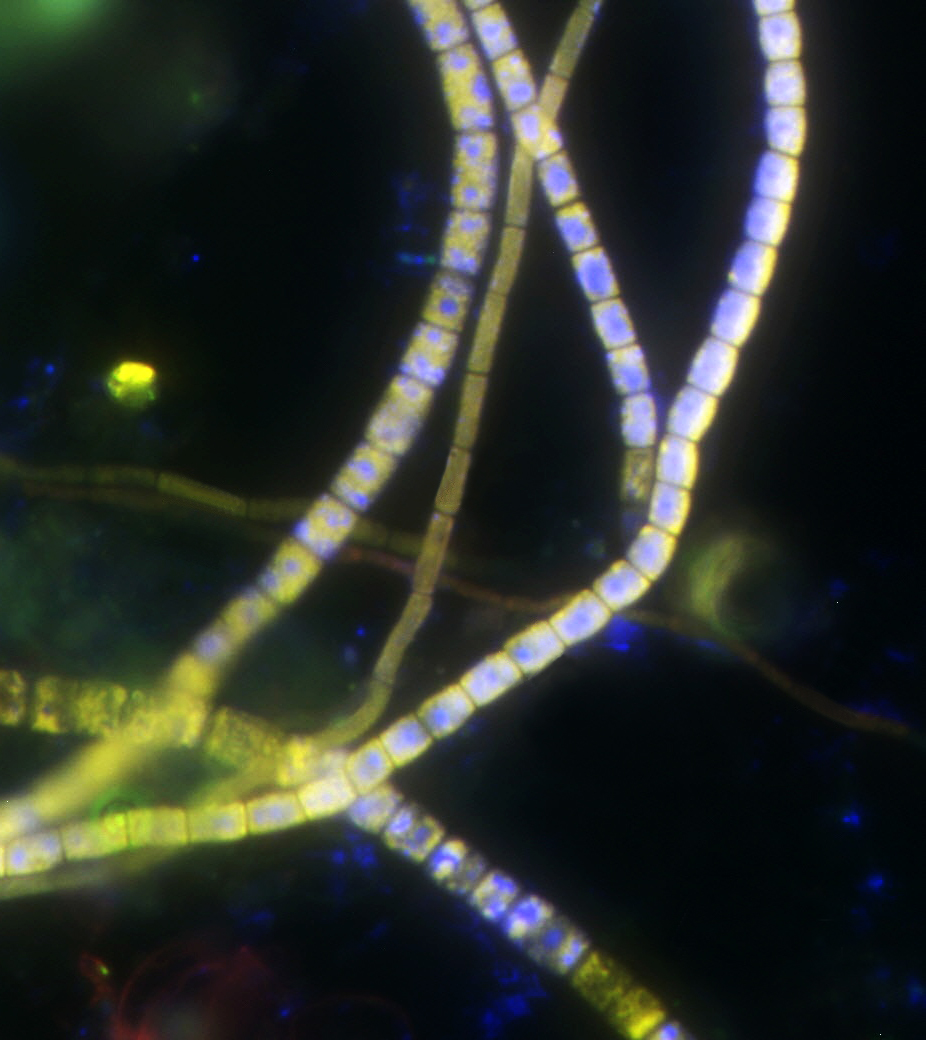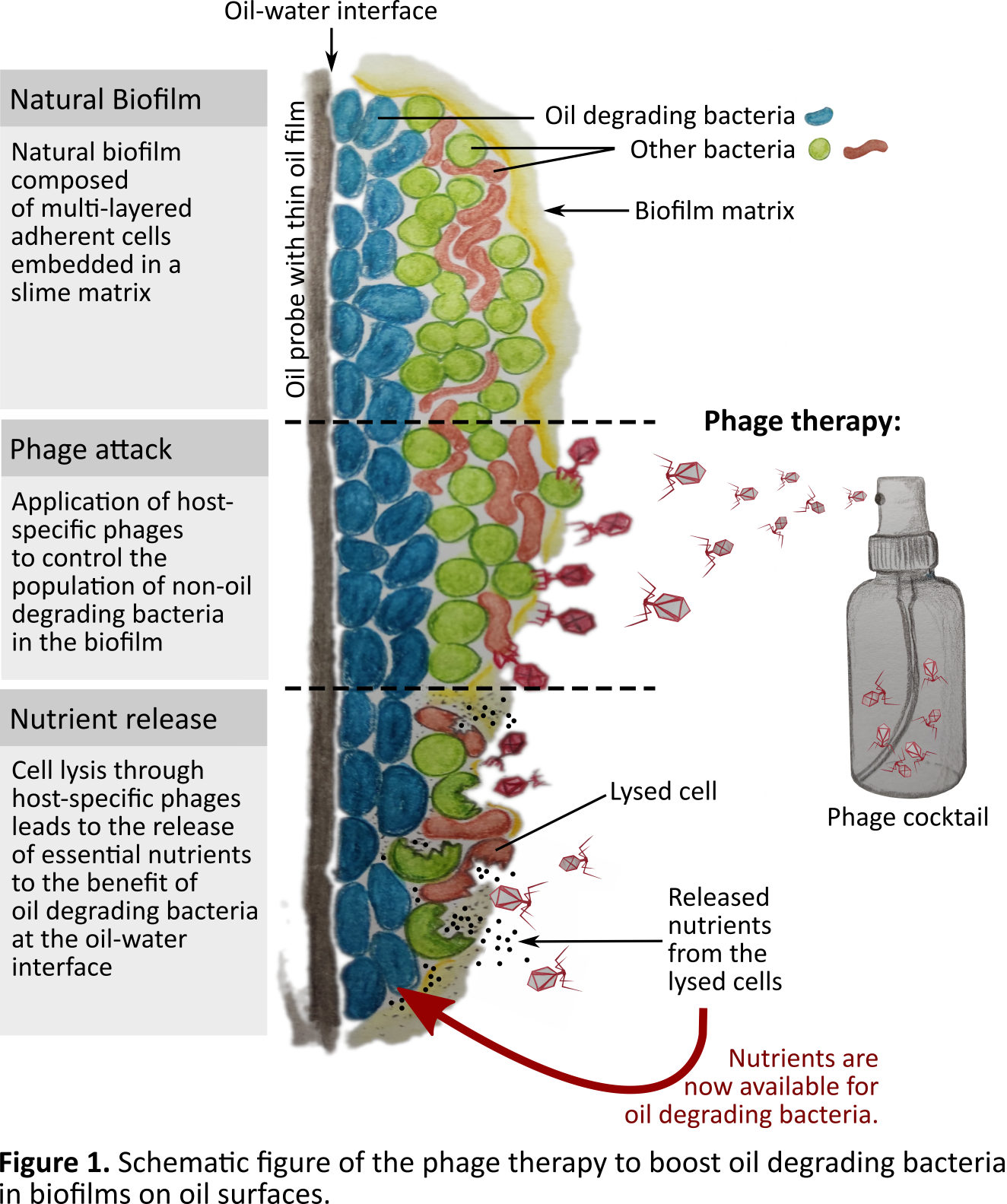Tre forskere modtager Villum Experiment bevilling
Stort tillykke til adjunkt Ian Marshall, lektor Peter Funch og postdoc Friederike Gründger fra Institut for Biologi. De har alle modtaget en Villum Experiment bevilling.



Villum Experiment er skabt til tekniske og naturvidenskabelige forskningsprojekter, der udfordrer normen og har potentialet til at ændre den måde, vi tilgår vigtige emner på.
Læs mere: Villum Experiment: 51 forskere får 99 mio. til forskningseksperimenter | THE VELUX FOUNDATIONS
Projekterne (engelsk)
Do sponges sleep?
Researcher Peter Funch: We will investigate if sponges sleep. Sponges represent one of a few animal groups without a nervous system and one of the oldest evolutionary lineages of animals. If sponges sleep, it would be highly unconventional since most existing ideas on the function of sleep relies on the presence of nerve cells. Potentially, it could change our view on the evolution and function of sleep.
Electromicrobiological oxygen generation in dark, anoxic sediments
Researcher Ian Marshall: When electrically conductive filamentous bacteria extend across several centimetres in dark, anoxic sediment, exotic kinds of microbial metabolism become theoretically possible. There is mounting evidence that oxygen generation may be possible under certain specific circumstances, and in OxyGen we will test whether cable bacteria produce oxygen.
Phage therapy to boost bacterial oil spill clean-up in the Arctic
Researcher Friederike Gründger:
Oil-degrading bacteria are often in competition for resources with other bacteria in the environment, decreasing their efficiency. But what can we do to boost microbial degradation of oil spills? Maybe bacteriophages can help us! Bacteriophages are viruses that infect bacteria, kill them by cell lysis and thereby release essential nutrients.
This study will investigate the role of bacteriophages on the bacterial population dynamics and nutrient turnover in oil-degrading biofilms. If successful, the project will generate urgently needed fundamental knowledge on natural phage-host interactions in Arctic marine environments and will be key to targeted applications of phages to accelerate oil spill bioremediation in some of the world’s most vulnerable and extreme ecosystems.
